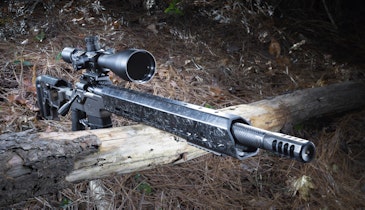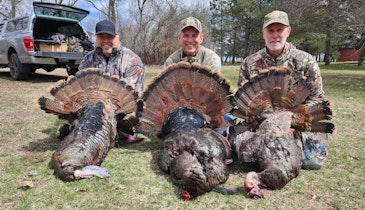CHARLESTON, W.Va. (AP) — Acorns are scarce across West Virginia but other mast items such as hickory nuts and walnuts are abundant.
The Division of Natural Resources' annual survey shows that white oak is down 57 percent from 2012 and 38 percent below the 42-year average. Chestnut oak is down 74 percent from 2012 and 51 percent below the long-term average.
"We're looking at an oak mast failure," Chris Ryan, DNR supervisor of game management services, told the Charleston Gazette. "This is one of the sparsest acorn crops we've had in the 42 years since we started conducting mast surveys."
"Oak makes up a majority of the biomass in a lot of places," Ryan said. "The lack of acorns this fall will affect the hunting seasons for deer, bears, turkeys and squirrels."
While the acorn crop is poor, the overall mast is just above average, thanks to large increases in beech and other mast items.
"For all mast species combined, the index is 1 percent above our 42-year average," Ryan said. "So food is available. The key to hunters' success will be finding places where food sources are relatively concentrated."
Beech is up 186 percent from 2012 and 100 percent above the long-term average. Walnut, hickory, apples and black cherry also increased from 2012 and are above the long-term average.






